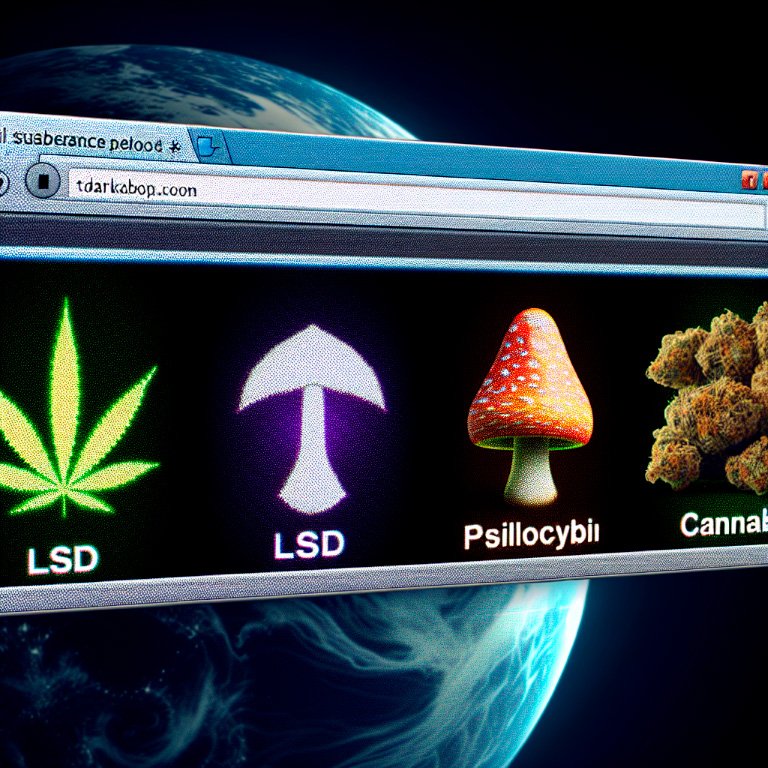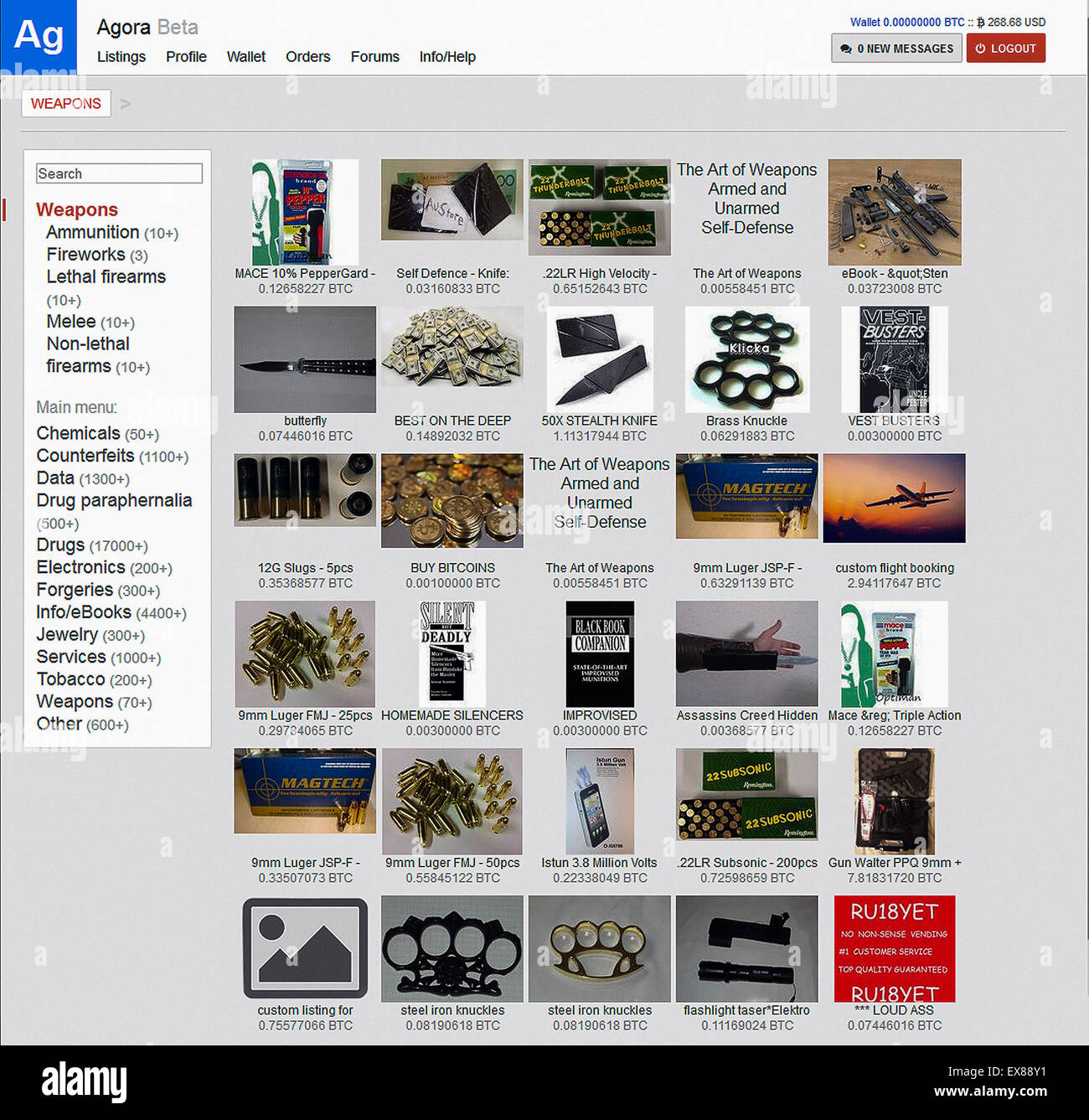Delving into the Seedy side: Hidden Internet Markets Uncovered

In the hidden nooks of our internet exists an enigmatic domain known as the darkweb. Although much of the internet remains accessible and cataloged by traditional search engines, the darkweb operates in its shadows, requiring specialized software and configurations to access. It is frequently characterized by its anonymity and the allure of clandestine transactions, drawing in individuals interested about illicit and legitimate activities.

Darkweb markets have risen as a significant aspect of this underground ecosystem, functioning as online marketplaces that a variety of goods and services are exchanged. From illegal drugs and counterfeit currency to hacking services and stolen data, these markets reflect a complex intersection of demand and supply that challenges the boundaries of legality and morality. As we delve into the intricacies of these digital bazaars, we aim to reveal the mechanisms at play, the individuals involved, and the implications of functioning within this darkened digital landscape.
Comprehending the Dark Web
The darkweb is a section of the internet that is not indexed by traditional search engines, making it a concealed realm accessible only through specialized software like Tor. This anonymity is a key feature that attracts users seeking confidentiality and security. The dark web operates on various networks that are not accessible by typical browsers, enabling individuals to interact and transact without exposing their identities.
Inside the dark web resides a complex ecosystem of markets where virtually anything from illicit drugs to counterfeit documents can be purchased and traded. These markets operate similarly to traditional e-commerce sites but are built on a foundation of security and anonymity. The lack of oversight creates a hazardous environment where scams and criminal activities thrive, rendering it essential for users to move through these spaces with caution.
Despite its image for illicit activities, the darkweb also serves valid purposes. Activists and whistleblowers may use these platforms to share information in repressive regimes, searching for safety from surveillance. This complexity of the dark web underscores the complexities of the environment, leading to ongoing discussions about its ethical implications and capability for both damage and benefit in the community.
Key Darkweb Markets
The deep web is home to numerous marketplaces that cater to a broad spectrum of illicit activities. Among darknet drug store is Silk Road, which was one of the first significant darkweb markets, specializing in the sale of illegal drugs. In spite of its seizure by authorities in 2013, Silk Road set the stage for many other markets and established a model for anonymity and security in exchanges. This early success demonstrated the viability of darkweb markets and encouraged the emergence of new platforms.
Another prominent player is the Dream Market, which gained momentum after the fall of Silk Road. Dream Market provided a more diverse array of products, including software vulnerabilities, fake documents, and various drugs. It set itself apart with a user-friendly interface and a strong community, attracting a significant user base. The market operated on a system of merchant reviews, which helped to build confidence among buyers and sellers, further strengthening its position in the darkweb ecosystem.
Currently, Omega Market is gaining prominence as one of the leading darkweb marketplaces. It specializes in the trade of drugs and hacking services while maintaining a reputation for high-quality products and reliable service. Omega Market employs sophisticated encryption techniques to protect user privacy and features a wide range of payment options, including cryptocurrencies, which are essential for maintaining anonymity in darkweb transactions. As law enforcement continues to target illegal online activities, these markets adapt and adapt, illustrating the ongoing demand for darkweb goods.
Risks and Responses
Involvement with darkweb markets presents serious hazards that participants must navigate. One of the most pressing threats is the likelihood for law enforcement issues. Law enforcement agencies surveil these platforms, and individuals caught acquiring or trading illicit goods can suffer rigorous penalties. Additionally, the privacy that illicit markets extend can be misleading, as users may still be tracked through their digital footprint, exposing them to various risks.

Another major risk involves safety threats, including harmful software and scams. Many darkweb sites can be traps designed to obtain personal data or install harmful software on users' devices. To combat these threats, users should utilize robust security measures, such as employing secure networks, secure browsers, and trusted antivirus software. It is essential to confirm the safety of the sites being used to avoid getting caught to cyber attacks.
Finally, there is the potential of monetary loss. Transactions on darkweb markets are often conducted using cryptocurrencies, which can hinder recoveries in cases of fraud. Users should exercise extreme caution and explore using third-party payment services where available to safeguard their payments. Diversifying the ways in which they can safeguard their assets, including holding different levels of currency in distinct accounts, can also serve as a safeguard against anticipated financial losses.
